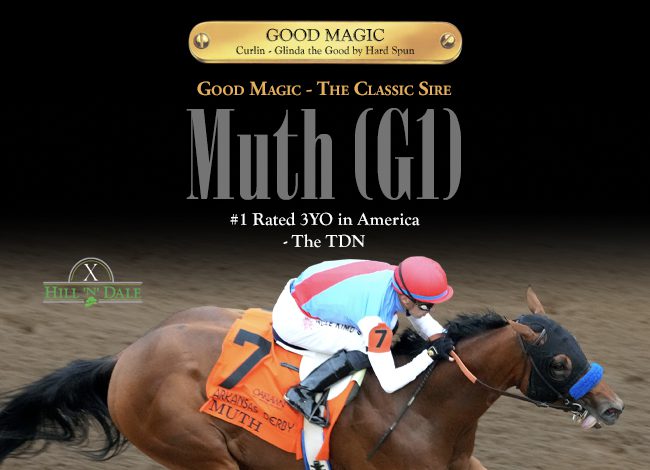By Dan Liebman
Ever watch a movie where there are multiple storylines that converge at the end?
That sort of happened for me this week, though not on the big screen.
In Washington D.C., representatives of Facebook, Google and Twitter testified before Congress on their advertising policies, trying to explain how millions of Americans saw placements from Russian-backed groups.
In Kentucky, horseman Tom Gentry died. Those two items do not seem related. Stay with me.
The next morning, on National Public Radio, Randall Rothenberg, president and CEO of the Interactive Advertising Bureau, a trade group for the online advertising industry, spoke about social media and government oversight.
Discussing the ads placed by Russian-backed groups, Rothenberg said, ” … I find us veering perilously close to the idea that we ought to verify truth and we ought to eliminate propaganda when, you know, propaganda is part of the essence of what made America.”
A few moments later, Rothenberg added, “But, as I'm saying, you don't necessarily have to say, OK, well, we're in the truth business because that is not the business of media, and that's not the business of government.”
Back to the other storyline.
Thirty years ago, Gentry wanted to run an ad in Daily Racing Form, stating a filly he bred was a “champion.”
She was … sort of. Having raced in Pomona on the California fair circuit, she was named a champion of that race meet.
Though the ad director's job was, of course, to sell ads, the publication had rules and standards governing advertisements.
One of those was that use of the word “champion” implied an Eclipse Award winner, or in European countries, a highweight.
Gentry acquiesced, though not without a fight. After all, he was a flamboyant personality and consummate salesman.
There is a reason they call it a horse sale. It is about selling. Whether it is tires, clothes or horses… it involves selling a product.
And where there is selling, there is advertising, promotion, and marketing.
It should be noted that Gentry was the son of a top horseman (Olin Gentry) and he bred more than 50 stakes winners and sold numerous high-priced yearlings.
He was many things, among them a top salesman.
A few years after the discussion with Gentry in the Kentucky Daily Racing Form office, this writer became Research Director at The Blood-Horse. At the time, the magazine had several employees whose jobs it was to verify information in every single ad placed to run in print.
If an ad said a stallion had sired 47 stakes winners, it was verified. If an ad said a sire had 22 juveniles who broke their maiden in their first starts, they were listed and counted. I changed that.
Not because, as Rothenberg said, the media is not in the truth business. Rather because farms and ad agencies were taking advantage of the system: guessing at numbers, or just leaving them blank, knowing the magazine would verify them.
It was the job of the publication to sell the ads, not to fact check them.
Yes, of course, there is a major difference in a farm or sale consignor advertising stallions or yearlings and Russian-backed shills trying to influence a presidential election.
But it converges with the notion that the media and government are not in the truth business.
In the Thoroughbred business, we expect sale catalogs and past performances to be truthful and accurate. Same for repositories, drug-test results, live foal reports, etc. Ads, well we hope so. They are truthful until we point out they aren't.
Can't blame Tom Gentry for trying. He was, after all, just being a salesman.
Not a subscriber? Click here to sign up for the daily PDF or alerts.






